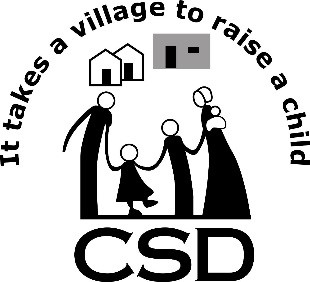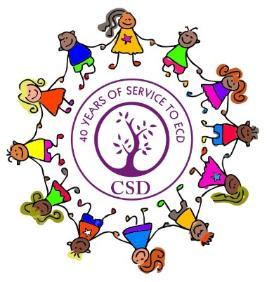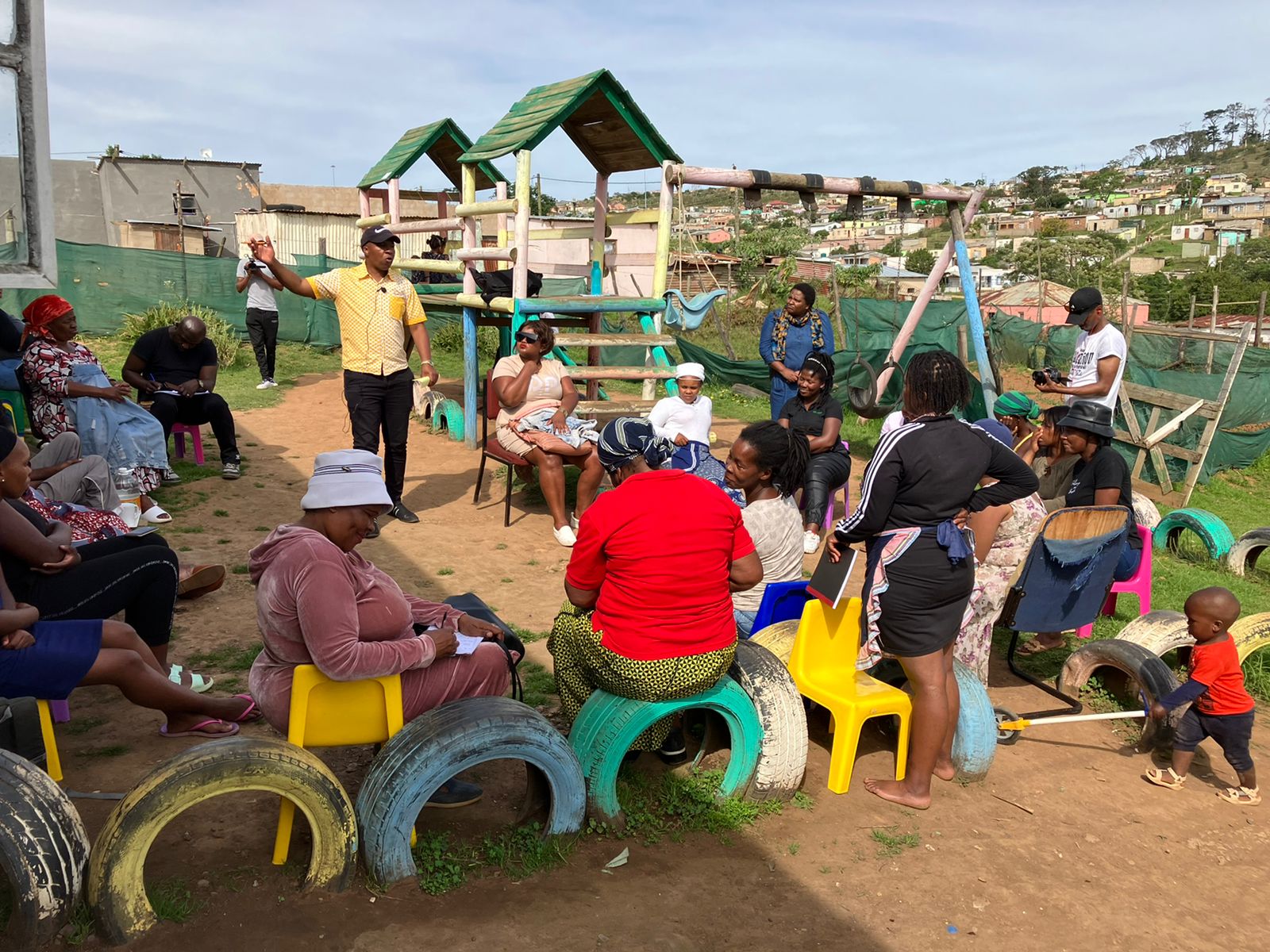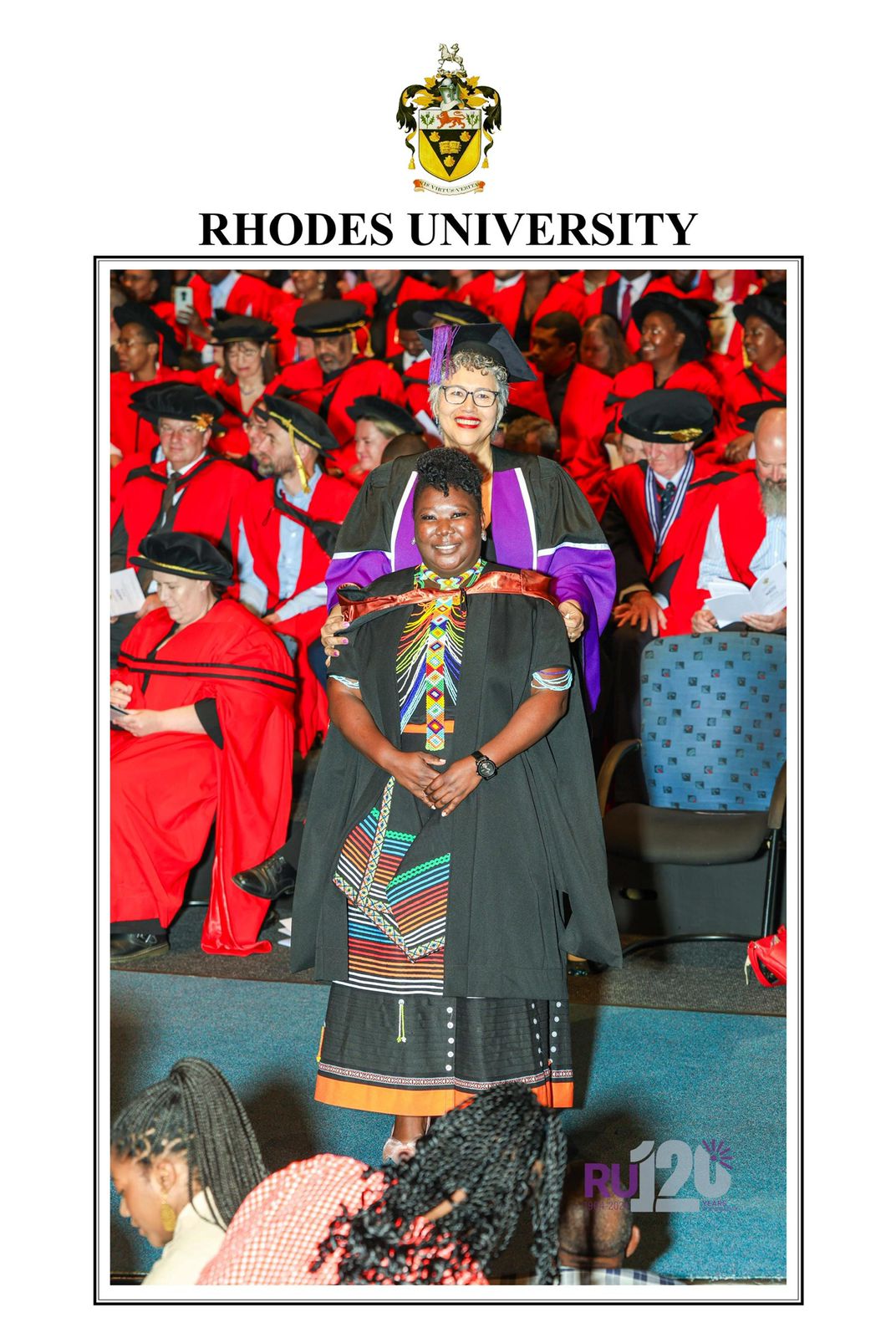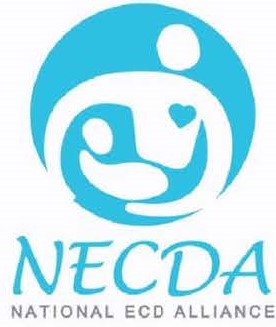The CSD was established in August 1981 by Ms Thelma Henderson as a Unit of Rhodes University with the Vice-Principal as its Chair and with donor funding from the Anglo-American and De Beers Chairman’s Fund.
The aims of the CSD included:
- assisting people to achieve and run their own community projects
- the development of skills in administration, decision-making, fund raising and community involvement through committee membership and involvement in projects
- training of pre-school teacher-aides
- the administration of four large bursary funds.
Through the years, CSD’s activities contributed significantly to the objectives of the University. CSD was first linked with the Department of Social Work so that students could become more closely involved in community affairs.
In 2008, the University redefined the relationship between the CSD and the University to make the Centre the interface between Rhodes and its communities. At this time a Senate Committee for Community Engagement was created. The CSD, under the directorship of Ms Di Hornby was asked to formalise the community engagement function of the university. In 2009 the university established a Community Engagement Directorate, with a dedicated Director of Community Engagement.
